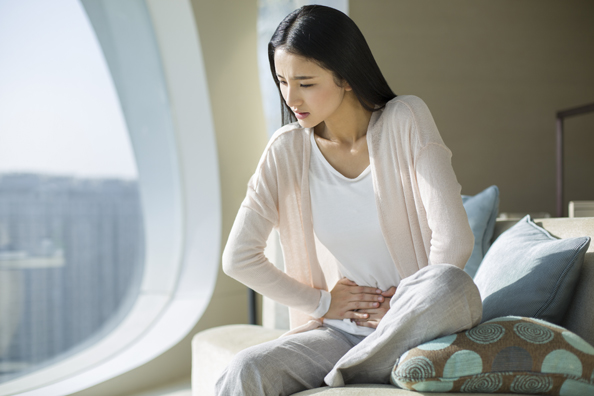It is the seventh most common cause of death of women in the UAE.
But one simple programme could help lower the cases of cervical cancer in the Emirates, a local doctor says.
Dr Kausar Mansoor Baig, Senior Consultant and Head of the Obstetrics and Gynecology Department at University Hospital Sharjah (UHS), has called for a national screening programme for girls and young women in the country, in a bid to detect the disease earlier.
Cervical cancer often develops slowly, and initially begins as a precancerous condition called dysplasia. This can be detected by a quick pap smear, and then treated before it turns deadly.
Read: This Is The Second Biggest Cause Of Cancer Death In Women In The UAE
Read: What You Need To Know About Breast Cancer
Read: 6 Free Breast Cancer Screening Centres
“It was internationally recognised and recommended that women aged up to 25 years be screened for the cancer and that the same practices should be followed here in the UAE,” said Dr Baig, a leading expert in the field of obstetrics, gynaecology and women’s issues.
The doctor is also a specialist in colposcopy and will be performing the simple tissue-gathering procedure at UHS for women who need to be further tested if a pap smear finds abnormal results in their cervix.
Abu Dhabi already has an established screening programme, and other emirates are expected to follow suit.
Cervical cancer is one of the five main cancers among women in the UAE after breast cancer, liver, colorectal and stomach cancer, and symptoms can often go unnoticed due to the taboos around a woman’s ‘private area’.
Young women are also advised to get the Human Papillomavirus (HPV) Vaccine, which helps prevent 70 per cent of cervical cancer cases according to international health experts.
Vaccinations should also be given to boys between the ages of 15 and 17 years, experts advise.
Symptoms:
- Persistent pelvic pain unrelated to other conditions, menstruation, or physical exertion can be a symptom of cervical cancer
- Continuous vaginal discharge, which may be pale, watery, pink, brown, bloody, or foul-smelling
- Pain during sexual intercourse (some women with cervical cancer may experience pain during vaginal intercourse)
- Abnormal vaginal bleeding is the most commonly experienced cervical cancer symptom. Women should be aware of post-coital bleeding (bleeding after sex), bleeding after douching, heavy periods, heavy spotting between periods, or an additional period during the monthly cycle. Any heavy, sudden onset of abnormal vaginal bleeding should be reported to your physician immediately. However, just bleeding doesn’t mean that there is a risk of developing cervical cancer












